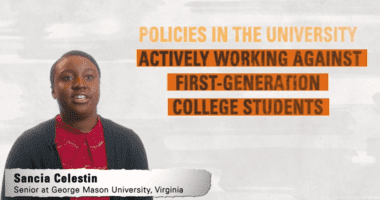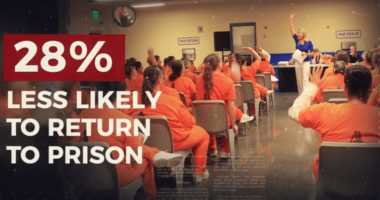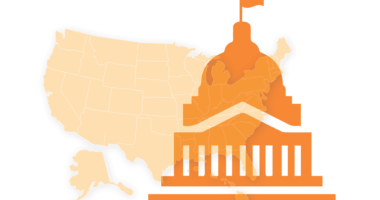Rutgers–Newark: Leading the Way in Diversity, Degrees
For years, Rutgers University–Newark struggled to embrace its diversity — students reported feeling unwelcome on campus based on race, ethnicity, and religion. And it showed in in the university’s graduation rates: In 2002, more than half of white students graduated, while only 38 percent of African Americans got a degree.
But new leadership — both at the Rutgers system level and at the Newark campus level — sought to change that. With an enthusiastic focus on diversity, Rutgers-Newark leaders convened faculty and staff to work together across campus to provide the academic supports, resources, and instruction that helped all students — and particularly the first-generation and low-income students — toward a degree.
Those efforts included:
- an online portal that answers all of the how-to questions regarding registration, add/drop dates, and getting in touch with an adviser;
- personal outreach (from professors!) to make sure students pay their tuition; and
- a new budget model that holds deans more accountable for student retention and completion.
A decade later, not only did both black and white students have much higher chances of finishing college (69 percent and 70 percent, respectively), but the gap between their graduation rates had been almost erased.
Read more in Ed Trust’s new case study, Leading the Way in Diversity and Degrees.











